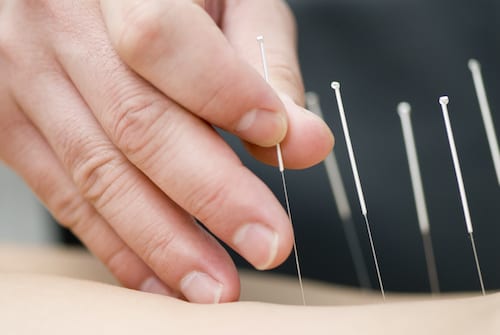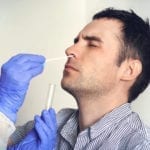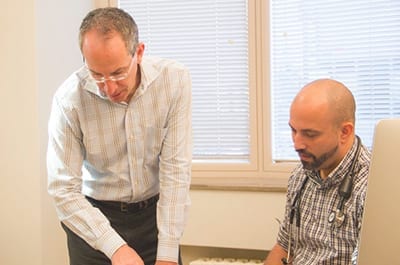Opiate Withdrawal Treatment
Assessment and Treatment of Opiate Withdrawal
Withdrawal from opiates or synthetic opioids is often a very unpleasant and stressful situation. It’s very important that individuals who are physically and/or psychologically dependent on opiates understand the details of the opiate withdrawal syndrome, and know where to get help should they get into trouble.
We realize that opioid addiction can happen to anyone, and take a compassionate approach to individualized treatment without judgment.
What is Classified as an Opiate Drug?
Opiate medications and drugs include generic names hydrocodone, oxycodone, methadone, morphine, hydromorphone, tramadol, fentanyl and heroin.
Brand names include Norco, Vicodin, Roxicodone, OxyContin, Dilaudid and Ultram. They are often prescribed for the treatment of acute or chronic pain. Individuals sometimes use them outside of medical treatment since in the short term they can produce improved mood, increased productivity, decreased pain, and other benefits.
Over time, however, many people become tolerant to the effects of the drug and need higher and higher doses to obtain desired effects and prevent withdrawal symptoms. Eventually, this can lead to social, emotional, physical, occupational or legal problems, and possibly the inability to obtain the drug in sufficient quantities from legal or illicit sources and rehab programs.
Opiate Withdrawal Symptoms
Opiate withdrawal symptoms, which do vary among people, often include some combination of the following:
The National Alliance of Advocates for Buprenorphine Treatment provides a Clinical Opiate Withdrawal Scale (COWS) assessment flowsheet that allows clinicians to rate the degree of opiate withdrawal as part of assessment and treatment.
How Long Does Opiate Withdrawal Last?
The duration of opiate withdrawal symptoms depends on which opiate or opioid drug the individual was using. Longer acting medications such as methadone, OxyContin and MS-Contin often produce a much longer-lasting withdrawal syndrome than shorter-acting drugs such as Norco, Roxicodone or heroin.
How Can I Relieve Opiate Withdrawal?
There are medications that can help ease the symptoms of opiate withdrawal. For example, clonidine, an alpha-2 adrenergic agonist medication, can alleviate opioid withdrawal symptoms by reducing the sympathetic nervous system response such as tachycardia and hypertension, as well as reducing sweating, hot and cold flushes, and general restlessness. However clonidine can also reduce blood pressure to a dangerous degree, and must be used under medical supervision by a prescribing physician.
We specialize in the treatment of opiate withdrawal using buprenorphine, a synthetic opioid partial agonist medication also known under the brand names Suboxone and Subutex. This treatment can be done as a more rapid opiate detox plan, or as transition into a maintenance opiate substitution program.
A variety of adjunctive measures can also be helpful, including nutrition, physical activity, self tracking, dietary supplements, acupuncture, cognitive therapy and mindfulness meditation. We frequently help individuals construct an integrative treatment program that maximizes their comfort and chances of achieving their goals.
Our Opioid Withdrawal Treatment Plans
Each person’s treatment plan is individually customized based on their needs and situation. A typical opioid dependence treatment plan may include some, or all, of the following:
- Medication-assisted opiate detox, stabilization, and maintenance treatment;
- Individual and/or group psychotherapy for addiction;
- Diagnosis and treatment of co-occurring physical health problems;
- Diagnosis and treatment of co-occurring mood issues and other psychological problems;
- Coordination of family support and family therapy;
- Nutritional support and functional medicine augmentation of treatment;
- Self tracking and data-driven treatment;
- Other modalities such as animal-assisted therapy, physical training and sleep coaching.
- Smooth transition from “detox” phase, and on to an ongoing maintenance plan.
Need More Information About Our Opioid Withdrawal Treatment Program?
Our full range of addiction treatment services is available during regular business hours. For urgent situations after hours or on weekends, please call us and use the option to page the doctor on call. Depending on the situation, a team may be able to be mobilized for urgent after hours situations, or we can help you figure out the appropriate next steps.












